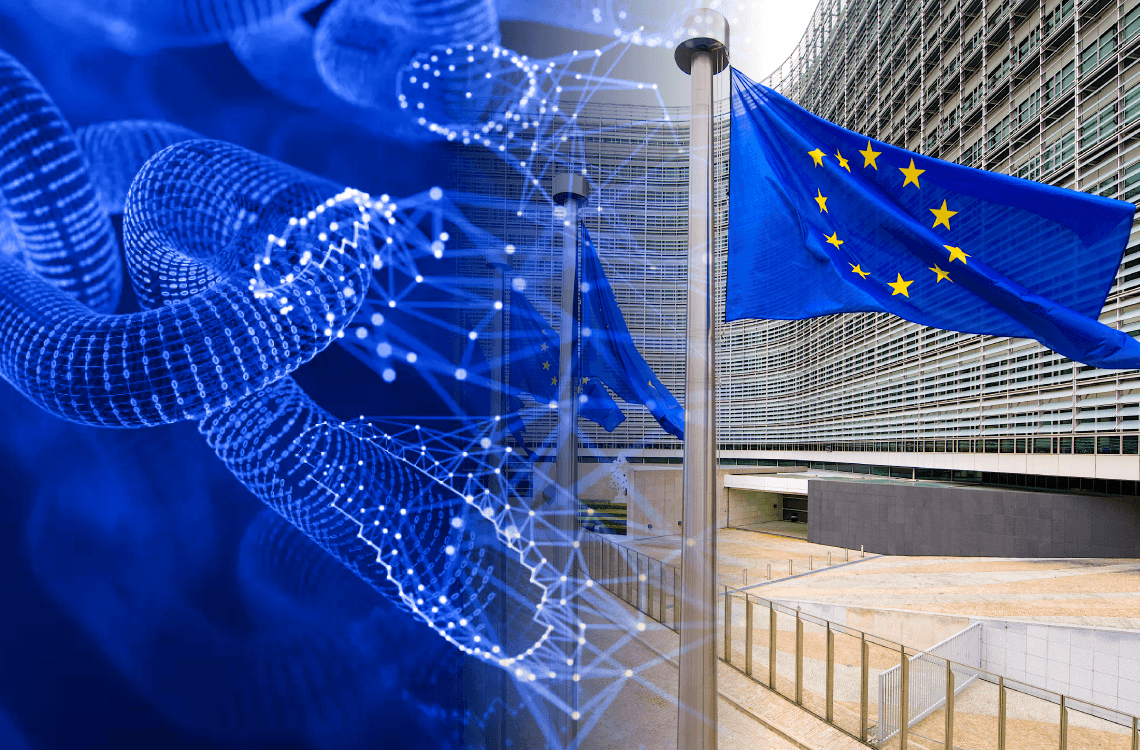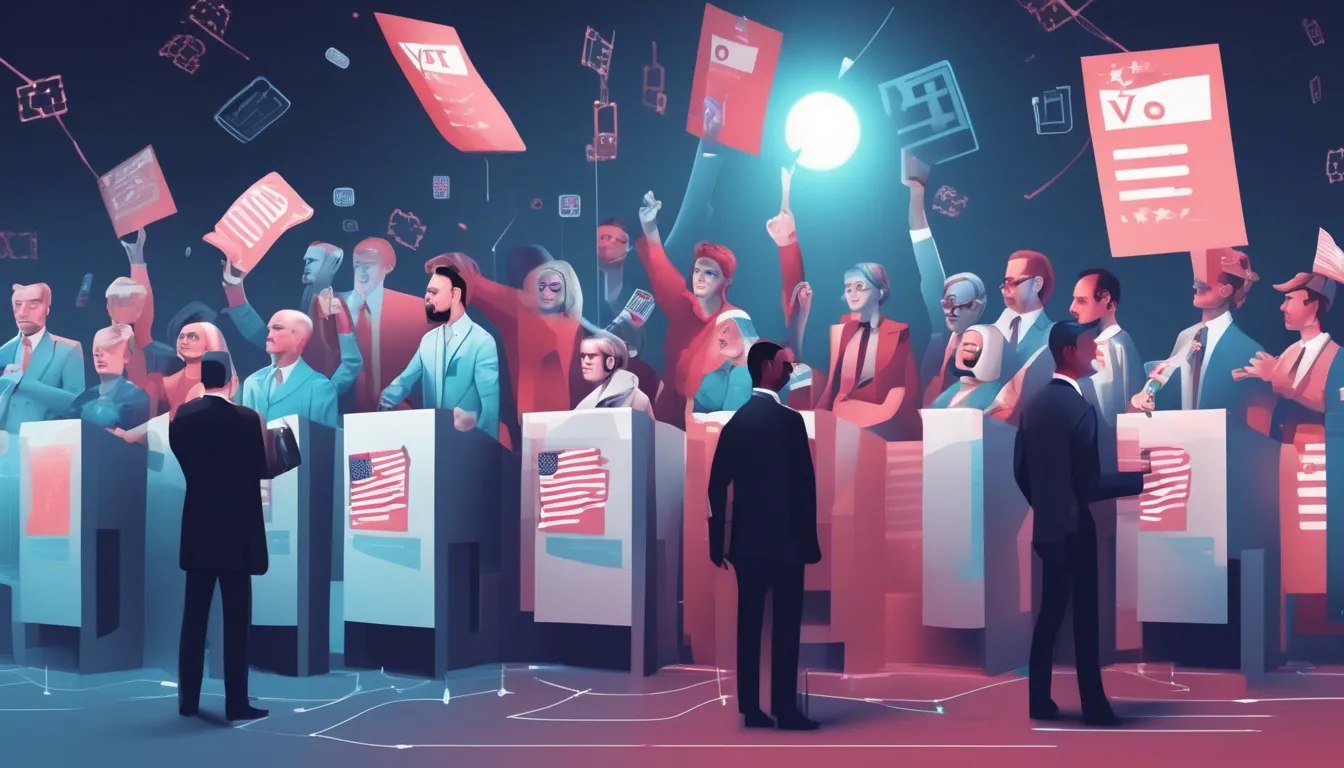Blockchain technology presents both opportunities and challenges for democratic governance, offering tools for advancement and transparency but also facing issues of accessibility, accountability, and environmental impact.

Revisiting Blockchain’s Role in Democracy: Opportunities and Caveats
Blockchain technology, while instrumental in advancing democratic institutions, is fundamentally impartial and can be utilized for both constructive and harmful purposes. The potential misuse of Distributed Ledger Technology (DLT) by malign foreign entities poses a risk to democracies. For instance, nations like Russia and groups such as Hamas have exploited the anonymity of cryptocurrencies to circumvent sanctions, although the traceability of blockchain transactions is increasingly enabling law enforcement to counteract such illicit activities.
The public’s access to blockchain technology remains a hurdle, with disparities in technological literacy, affordability, and equipment availability limiting widespread adoption and democratic engagement. To bridge this gap, concerted efforts from technology firms and governments are necessary to make blockchain tools more accessible and user-friendly.
Accountability and data integrity are also pressing concerns. Without systemic reforms, there is a risk that blockchain could simply perpetuate existing power structures, allowing authoritarian regimes to control and manipulate the data entered onto blockchains, falsely portraying transparency and democracy.
Environmental sustainability is another challenge associated with blockchain, particularly due to its energy-intensive nature. Although strides are being made towards more energy-efficient designs, the environmental impact and energy costs remain significant considerations.
In conclusion, as data inundates our world, U.S. policymakers must strategically harness blockchain and DLT to bolster democratic governance, mindful of the need to shape a conducive policy and regulatory landscape. This approach will not only maintain U.S. competitiveness but also ensure that blockchain serves as a tool for societal and governmental advancement, rather than as a mere facilitator of cryptocurrencies.
As legislative decisions around blockchain technology loom, it is imperative that Congress is well-informed about the practical applications and potential misuses of the technology. Ensuring that intended beneficiaries are proficient in using these technologies and have access to the necessary digital infrastructure is crucial. Such preparedness will enable the creation of a comprehensive system that leverages DLT to support and enhance democratic governance effectively.




